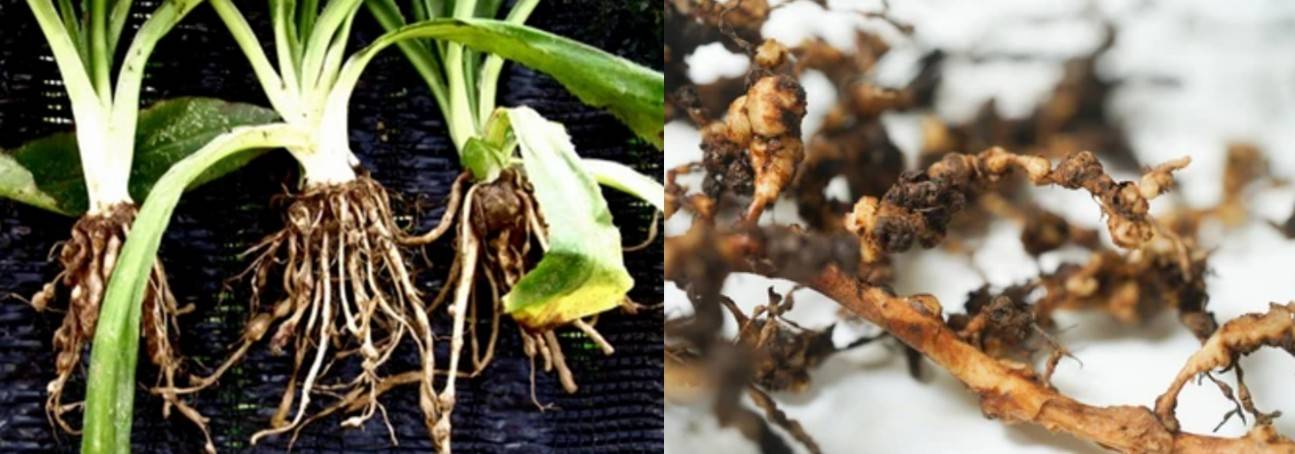We use cookies to understand how you use our site and to improve the overall user experience. This includes personalizing content and advertising. Read our Privacy Policy
Medicinal plants are described as those produce substances capable of provoking reactions in the human body leading to the cure of diseases. Like cultivated species, medicinal plants can be attacked by various pests and diseases, affecting the qualitative and quantitative characteristics of their curative properties, as well as productivity. Phyto nematodes are one of the main factors limiting the productivity of cultivated plants. In medicinal species, this pathogens group has caused damage to the sanity of the plants interfering with the quality of the compounds produced. Among them, due to the high parasitism degree, the species of the genus Meloidogyne, popularly known as root-knot nematodes.
Lifeasible is a credible provider of comprehensive, high-quality services for plant science. We provide analysis of medical plant root knot nematode diseases according to customer needs. We hope to partner with you to explore new frontiers in plant nematode diseases and accelerate your discovery.
 Fig.1 Symptoms of plant roots infected with root-knot nematodes.
Fig.1 Symptoms of plant roots infected with root-knot nematodes.
With years of experience in biological services, our advanced platforms can help our clients solve various difficulties in research. Lifeasible provides our clients with direct access to our experts and responses to their questions. If you are interested in our services or have any questions, please feel free to contact us or make an online inquiry.
Get Latest Lifeasible News and Updates Directly to Your Inbox
Mechanisms Regulating Plant Chloroplast Biogenesis
April 15, 2025
We use cookies to understand how you use our site and to improve the overall user experience. This includes personalizing content and advertising. Read our Privacy Policy